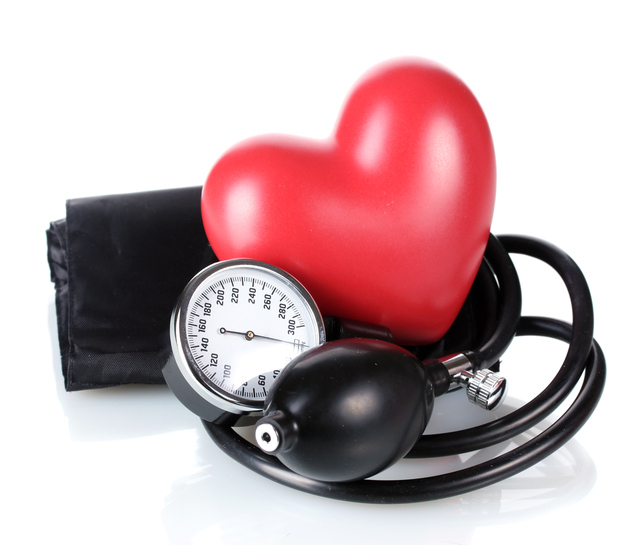
Growing older and high blood pressure seem to come in tandem, with the chances escalating for individuals over age 65. Once a senior reaches age 75, somewhere between 67% and 79% will likely be dealing with the challenges of high blood pressure. And the ensuing impacts can be severe: from chronic stroke, heart failure and heart attack to kidney disease and even death.
Thankfully, there are a number of ways to keep blood pressure levels at a safe level. Hearts at Home’s home care team offers the suggestions below to more effectively manage high blood pressure in seniors:
Lifestyle Changes
Although the older adult’s physician will decide on the most appropriate plan to help reduce the senior’s blood pressure, it’s commonly advisable that lifestyle choices be examined and modified as a first step. Modifications such as the following can dramatically help improve blood pressure:
- Physical exercise
- Weight loss
- Quitting smoking
- Limiting alcohol consumption
Lowering stress can also be beneficial, through:
- Speaking with a professional therapist
- Incorporating plenty of enjoyable activities throughout the day, such as journaling, reading, spending time with friends, family and pets, and creative outlets such as painting or drawing
- Getting sufficient sleep
Dietary Changes
The National Heart, Lung, and Blood Institute recommends a specific dietary strategy to fight high blood pressure – the DASH diet (Dietary Approaches to Stop Hypertension). The purpose is to lessen the amount of salt consumed and increase foods like whole grains, fish, poultry, beans, vegetables, fruits, and in particular, foods high in minerals such as:
- Potassium (cantaloupe, lima beans, pears, bananas, oat bran, mangos, tomatoes, tuna, cucumbers)
- Magnesium (Nuts, spinach, black beans, pumpkin seeds, tomato paste, whole grain cereal, halibut)
- Calcium (greens, sardines, low-fat dairy products, salmon, tofu/soy milk, almonds, sunflower seeds)
Medications
A wide range of drugs may be prescribed to help lower blood pressure, such as an ACE inhibitor, beta blocker, diuretic, calcium channel blockers, vasodilator, or other antihypertensive medication.
It’s vital for all older adults to have their blood pressure tested frequently, and to consult with the doctor on a proposed course of action if high levels are discovered.
At Hearts at Home, a provider of elder care in Kansas City and the surrounding areas, our professional caregivers can help older adults stay healthy and well, right in the comfort of home. Our caregivers can make sure seniors are following doctors’ orders by providing medication reminders, preparing heart-healthy meals, encouraging exercising and participation in enjoyable activities, and so much more. Contact us at 913-440-4209 to learn more.
